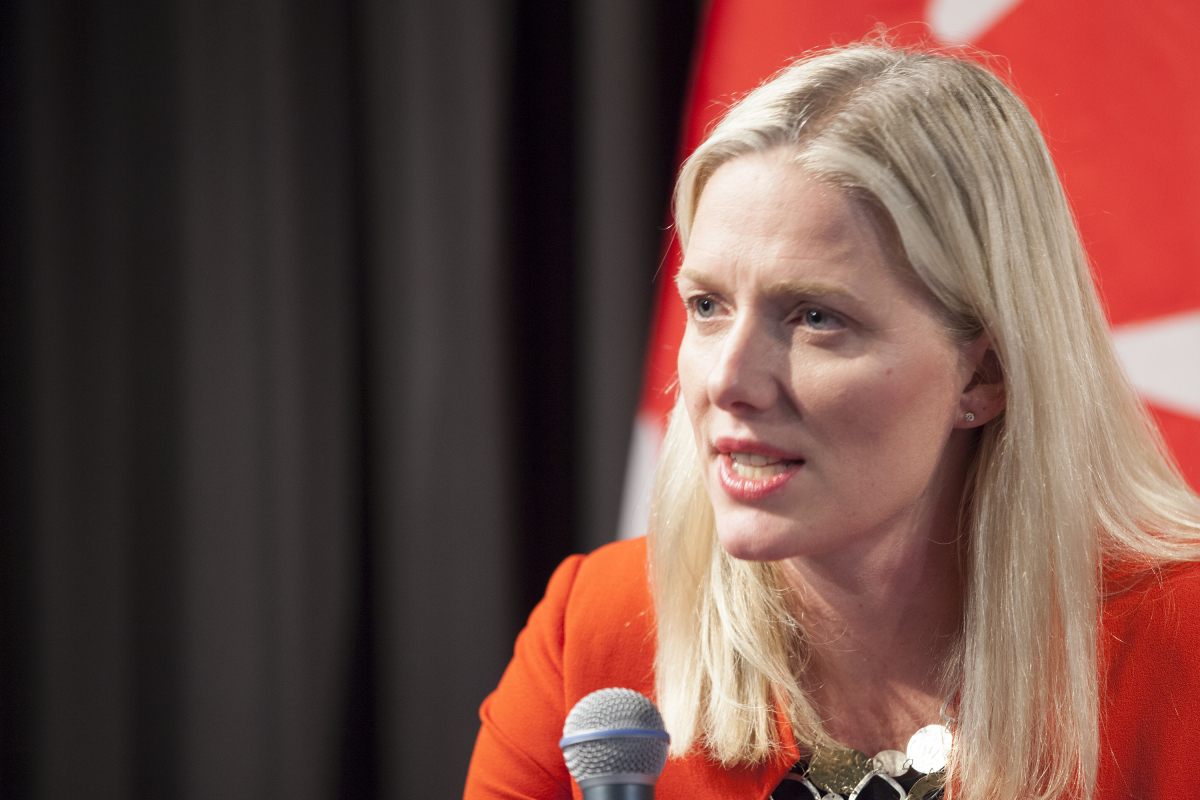Support strong Canadian climate journalism for 2025
Sunday’s revelation in Paris that Canada supports legally binding provisions on climate change and an emissions budget linked to a 1.5 degree global warming target should shake up Canada’s dormant financial sector.
Until now, the country’s largest investors have pretended that climate change is not real and not a material issue for investors to grapple with.
The international climate change agreement that comes out of the Paris negotiations may not be legally binding, but statements in Paris provide every indication that the government of Canada is serious about its international commitments. This means there will be sweeping changes to business as usual in Canada’s energy sector and in the investment decisions of our public pensions.
As international investment heavyweights respond to the transition to lower carbon energy systems, Canada’s own financial giants remain silent.
In particular, Canadian banks and their asset management arms have global investment portfolios and should be ready to adapt to the new investment reality, yet they have been absent from the Paris COP21 investor dialogues. So have Canada’s largest pensions, who have similarly broad investments across the global economy.
A guide for Canadian investors on the road to lower-carbon portfolios
For Canadian investors looking for guidance on assessing climate change and energy transition preparedness at portfolio fossil fuel companies, Carbon Tracker helpfully launched a set of easy-to-read (no excuses!) “Strategic Risk Engagement Principles for Fossil Fuel Companies.”
The seven simple principles spell out a strategy for Canadian investors to interrogate the management of fossil fuel companies about their views on the market risks linked to the transition to a low-carbon economy.
The group’s “Blueprint Series” provides a more detailed tool to help investors demand companies adapt their business practices — aligning them to a 1.5 degree emissions budget energy transition to deliver a climate-secure global energy system. This is what Minister McKenna and other leaders are planning on. Our financial leaders should be doing the same.
Planning for prosperous portfolios in a low-carbon world
To address impacts beyond the fossil fuel sector, Canada’s financial sector giants can learn lessons from their global peers, who have been out in force in Paris. Felipe Calderon, former President of Mexico and Chair of the Global Commission on the Economy and Climate, suggested that investors should be looking for new opportunities in low-carbon energy, cities, land use, and agriculture that are aligned with the 1.5 degree emissions budget target.
Calderon indicates that almost US$100-trillion in investment will be required globally in order to achieve international goals around the carbon neutral transition.
These investments will be profitable for well-informed investors. Our biggest banks and pension funds should be doing their homework and planning on a prosperous low-carbon future for all Canadians.




Comments